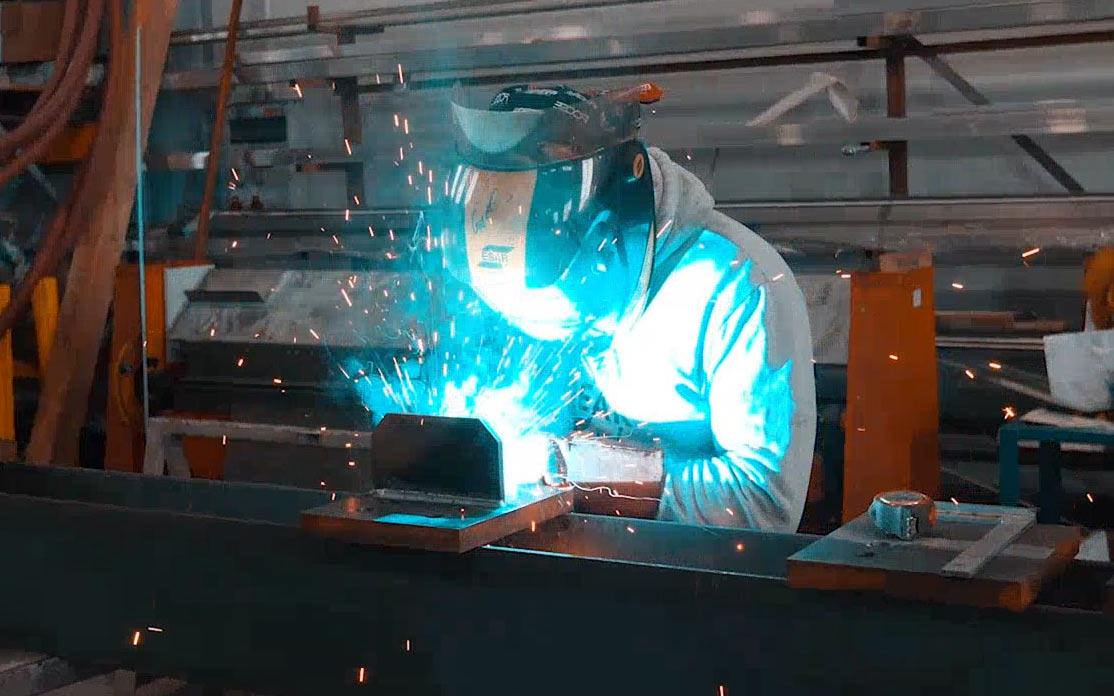 Mechanical metal processing is a procedure that includes various techniques of shaping, cutting, and processing metal materials to achieve desired shapes and dimensions. This type of processing is crucial in manufacturing and industry, as it enables the production of precise parts and components used in various sectors such as engineering, automotive industry, construction, aviation, and many others.
Mechanical metal processing is a procedure that includes various techniques of shaping, cutting, and processing metal materials to achieve desired shapes and dimensions. This type of processing is crucial in manufacturing and industry, as it enables the production of precise parts and components used in various sectors such as engineering, automotive industry, construction, aviation, and many others.
Metal Processing Techniques
Mechanical metal processing involves several different techniques, each with its purpose and application depending on the type of metal and the requirements for the final product. The most common techniques are:
- Turning: Turning is a process in which the metal workpiece rotates around its axis, and the tool removes material to achieve the desired shape. Lathes are used to create cylindrical shapes such as shafts, screws, and bearings.
- Milling: Milling is a process in which the tool rotates and removes material from the workpiece to achieve specific shapes, channels, or surfaces. Milling machines enable the production of complex shapes, flat surfaces, and precise contours.
- Grinding: Grinding is used for surface processing and precise finishing of metals. This process uses an abrasive wheel that removes small amounts of material and ensures smooth and precise surfaces, often with high tolerances.
- Drilling: Drilling is the process of creating holes in metal workpieces using a rotating tool (drill). The process is essential for creating threads, bores, and other types of openings.
- Cutting and Shearing: Metals can be cut with special tools such as saws, cutting devices, or laser cutters. Shearing involves trimming the metal part using great force, which is often used for producing thin metal sheets.
- Forging: Forging is a process in which metal is shaped by hammering or pressing under high pressure. This process allows for the creation of very durable and strong metal products.
- Bending and Pressing: Bending and pressing involve reshaping metals into desired shapes using mechanical force. This process is often used to create frames, pipes, and other structural elements.
Tools and Machines
Specialized tools and machines are required for mechanical metal processing to enable precise and efficient processing of different types of metals, such as steel, aluminum, copper, and titanium. The most commonly used tools and machines include:
- Lathes: Machines for turning used to remove material from rotating workpieces.
- Milling Machines: Machines for milling surfaces and shaping parts.
- Grinding Machines: Tools for precise processing and polishing of surfaces.
- Drills: Machines for creating holes in metals.
- Metal Presses: Machines for bending and pressing metal sheets and profiles.
In addition to these basic machines, there are also advanced CNC (Computer Numerical Control) machines that provide high precision and automated metal processing. CNC machines allow quick and accurate production of complex metal parts with minimal human intervention.
Materials for Metal Processing
Different metal materials require different processing techniques. The most common metal materials processed include:
- Steel: One of the most used metals due to its strength, resistance, and wide application in the industry.
- Aluminum: Lightweight and resistant to corrosion, often used in the automotive and aviation industries.
- Copper: A good conductor of electricity and heat, used in electrical engineering.
- Titanium: Extremely strong and lightweight, often used in aviation and medical industries.
Advantages of Mechanical Metal Processing
Mechanical metal processing offers numerous benefits in manufacturing and industry:
- Precision: Mechanical processing allows the production of highly precise parts, which is crucial for industries such as automotive and aviation.
- Possibility of Mass Production: With properly set machines, it is possible to quickly and efficiently produce large series of metal parts.
- Durability: Metal parts made through mechanical processing are durable and have a long lifespan, reducing maintenance and replacement costs.
Contact Us
If you would like more information about our services, contact us through the contact form. Our team will be happy to listen to you and provide solutions that meet your needs.







